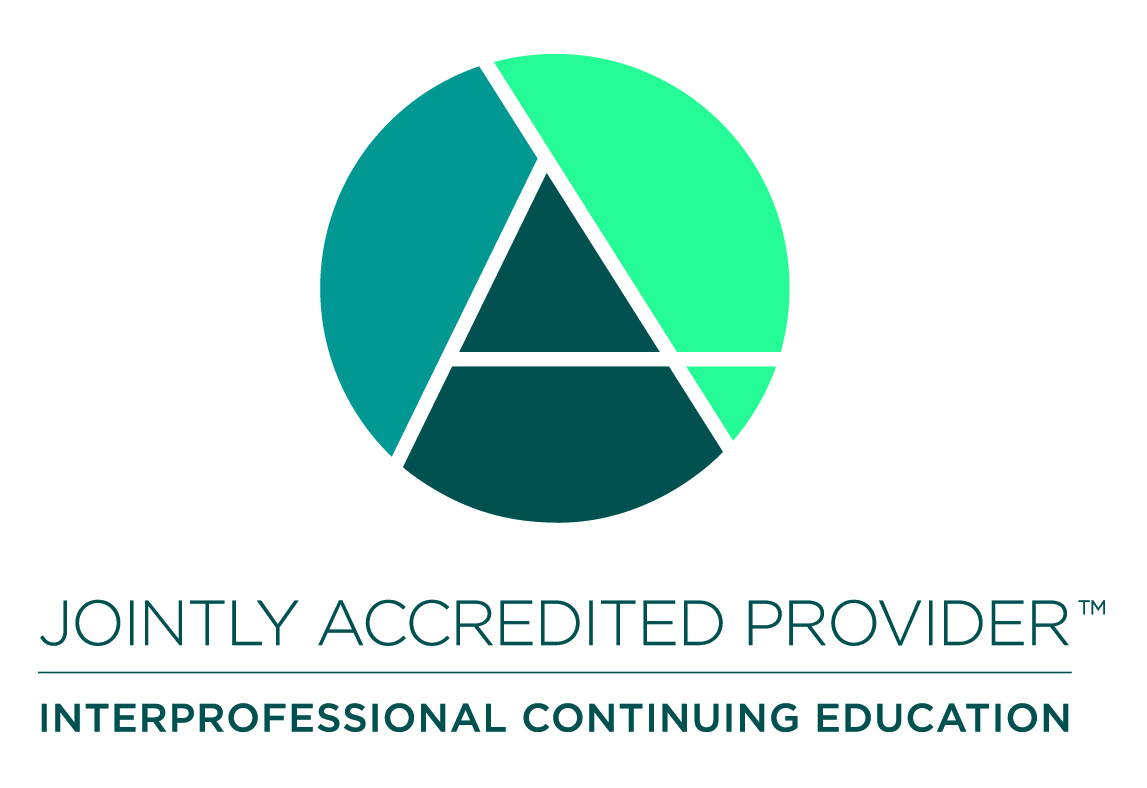MCH: 2023 Effects of Intrauterine Drug Exposures
This activity is designed to increase the knowledge and competence of providers for the medical management and ethical considerations when providing care for an infant at risk for complications due to maternal drug exposure.
Infants born with intrauterine drug exposure in community hospitals are often transferred to a higher level of care shortly after birth to be monitored for signs and symptoms of withdrawal. Many times these patients are discharged within 72 hours and do not require further medical management. With additional education these patients could be monitored in the community hospital in order to avoid separation from the family. Ideally upon the completion of this activity, providers will approach management of the infant and families with ethical decision making and appropriate conversation. Increased knowledge and competence with regards to the medical management, signs and symptoms in the patient population by the provider will decrease need for separation of the infant from the family (due to transporting infant to a higher level of care) while providing quality care.
Target Audience
This activity is intended for physicians and nurses.
Learning Objectives
Upon completion of this activity leaners should be able to:
- Identify assessment tools, treatment and outcomes of infants with intrauterine drug exposure
- Determine who should be involved in conversations with mothers regarding history of drug use.
- Review current AAP recommendations on assessment and medical management, including ethical implication that surround intrauterine drug exposure.
- Identify the increased incidence of maternal use of opioid pain relievers, which has contributed to an increased incidence of neonatal abstinence syndrome (NAS).
- Discuss and identify resources for each learner when dealing with infants at risk for NAS, and/or born to substance abusing mothers.
No disclosures were made by the planning team or the faculty.

In support of improving patient care, The University of North Texas Health Science Center at Fort Worth is jointly accredited by the Accreditation Council for Continuing Medical Education (ACCME), the Accreditation Council for Pharmacy Education (ACPE), and the American Nurses Credentialing Center (ANCC), to provide continuing Education for the healthcare team.
American Osteopathic Association
The University of North Texas Health Science Center at Fort Worth is accredited by the American Osteopathic Association to award continuing medical education to physicians.
Designation Statements
Physicians
The University of North Texas Health Science Center at Fort Worth designates this program for a maximum of 1.5 contact hour of AOA Category 2A CME credits and will report CME and specialty credits commensurate with the extent of the physician's participation in the activity.
The University of North Texas Health Science Center at Fort Worth designates this activity for a maximum of 1.5 AMA PRA Category 1 Credit(s)™. Physicians should only claim credit commensurate with the extent of their participation in the activity.
Ethics/Professional Responsibility Credit
The University of North Texas Health Science Center at Fort Worth determined that this CME activity provides 1.5 hour towards the Texas State Board of Medical Examiner's standard, annual ethics/professional responsibility requirement.
Available Credit
- 1.50 AMA PRA Category 1 Credit™
- 1.50 AOA Category 2-A
- 1.50 Ethics

 Facebook
Facebook X
X LinkedIn
LinkedIn Forward
Forward